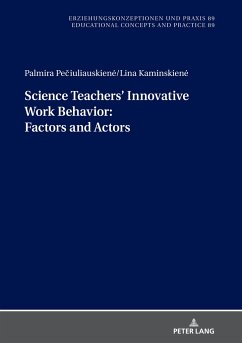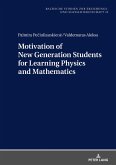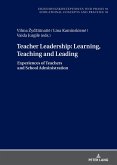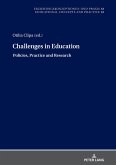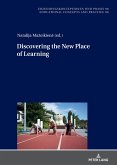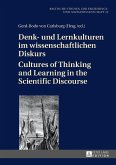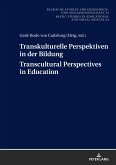The last decades have demonstrated growing calls for innovations associated with science teaching methods. In the light of science education reforms, teaching methods have focused on scientific inquiry, discovery, and other constructivist approaches.
Research on innovations in science education raises discussion about the application of new technology, a need to infuse arts and social emotional learning content into science education, and use of innovative models to improve critical thinking skills and enhance teachers' self-efficacy. However, there is a lack of research on innovative work behavior of science teachers' personal, cognitive, and environmental factors.
The researchers in this book address to the phenomenon of innovative work behavior and aim to reveal the associations between the science teachers' innovative work behavior and personal, cognitive, and environmental factors.
Research on innovations in science education raises discussion about the application of new technology, a need to infuse arts and social emotional learning content into science education, and use of innovative models to improve critical thinking skills and enhance teachers' self-efficacy. However, there is a lack of research on innovative work behavior of science teachers' personal, cognitive, and environmental factors.
The researchers in this book address to the phenomenon of innovative work behavior and aim to reveal the associations between the science teachers' innovative work behavior and personal, cognitive, and environmental factors.

